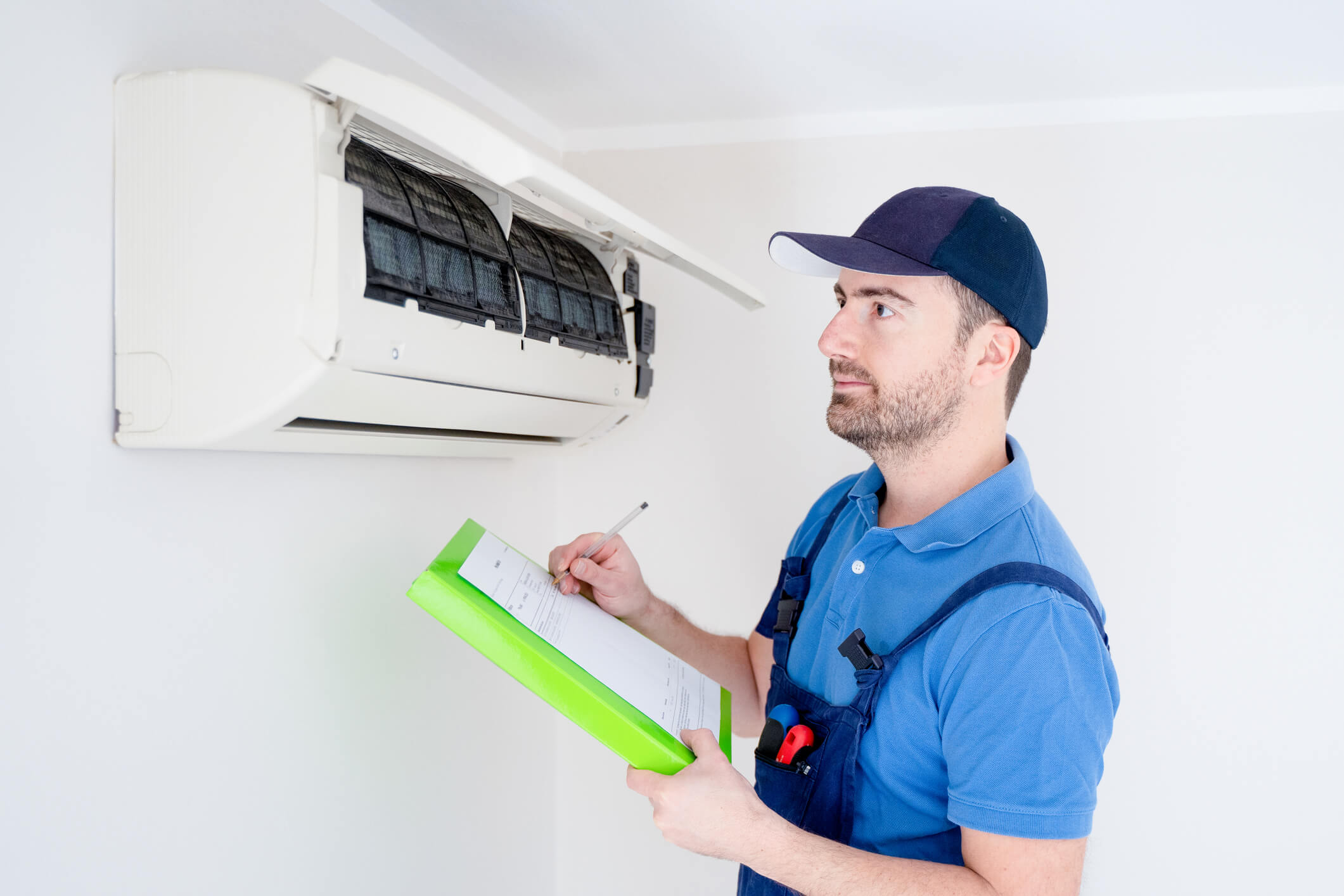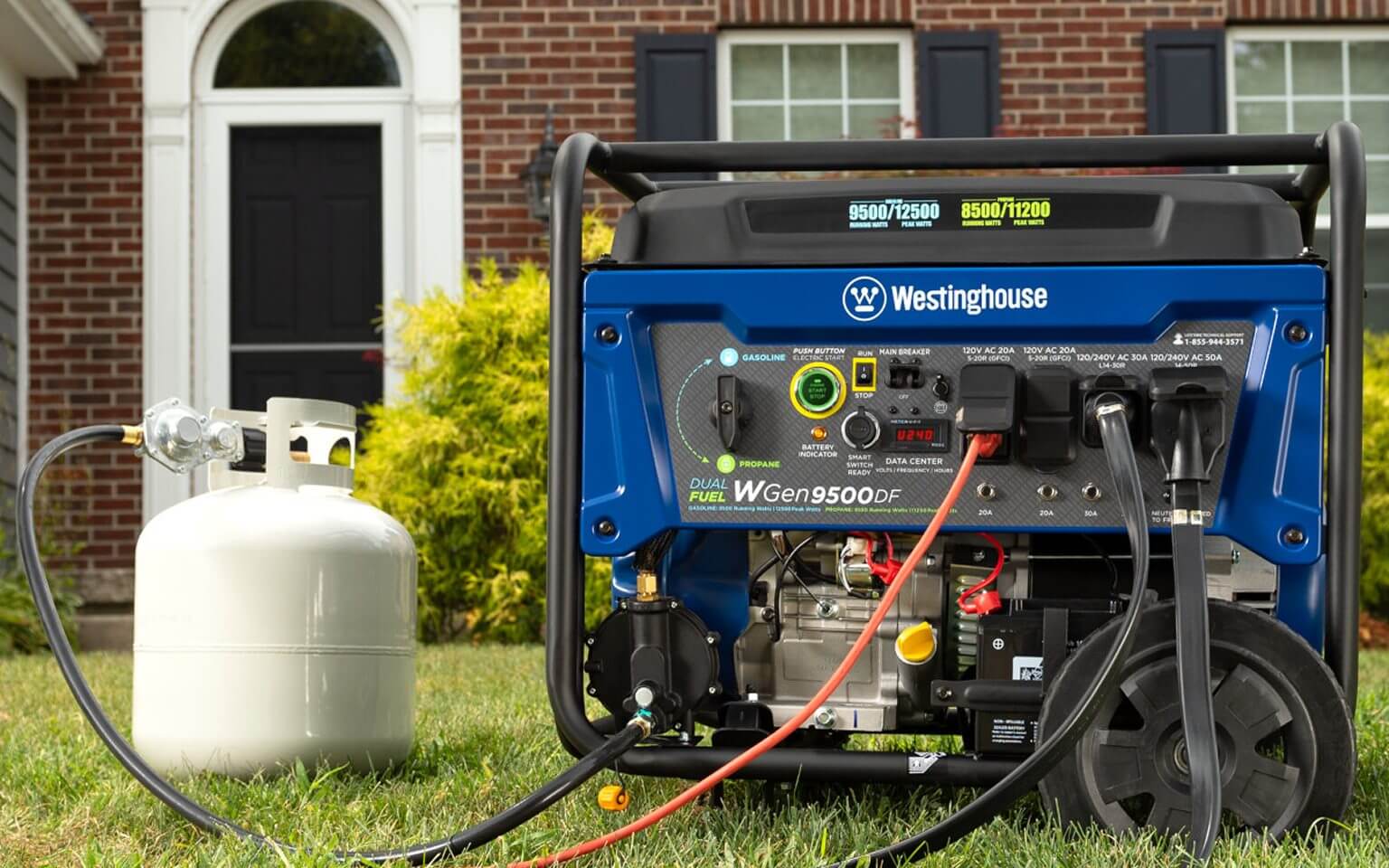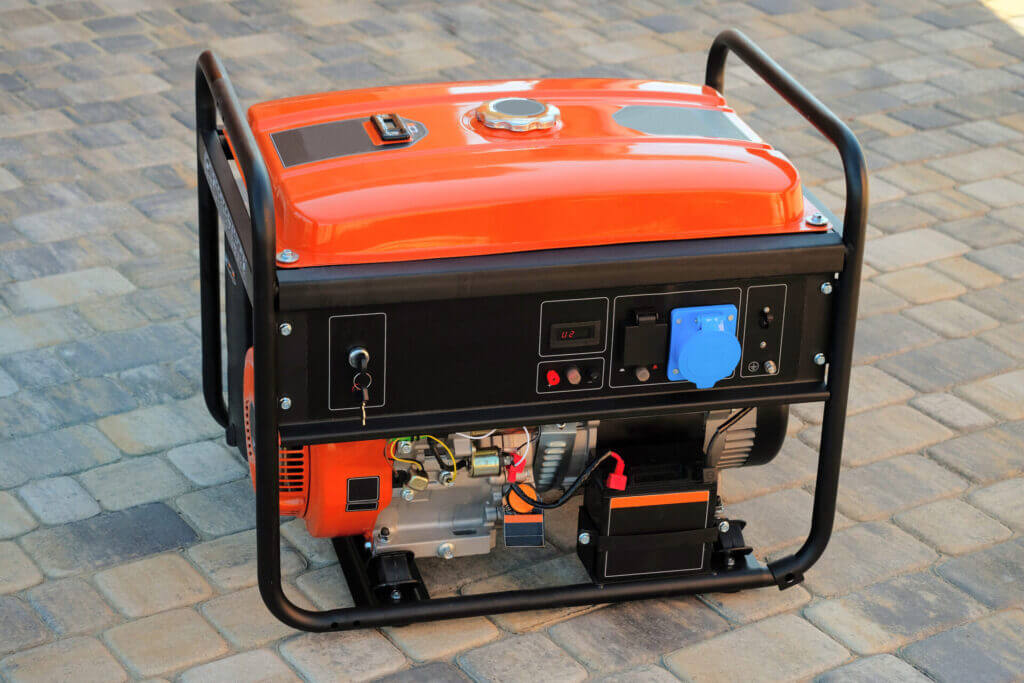Are you doing a solar project?
Modernize can pair you with three to four pros in your area, so you can compare options and save time and money.
Despite falling into a bucket of states that still largely rely on nuclear energy, New Jersey has been pushing serious legislation and incentives to promote its clean energy goals. In summer 2018, for example, the state signed into law “a suite of legislation” that “vaults it into the ranks of top US climate leaders,” reported Vox.com. As of the end of 2018, the Solar Energy Industries Association (SEIA) ranked the state fifth in the country — approximately four percent of the state’s energy comes from solar. Additionally, SEIA ranks New Jersey 11th in the nation in projecting its growth over the next five years.
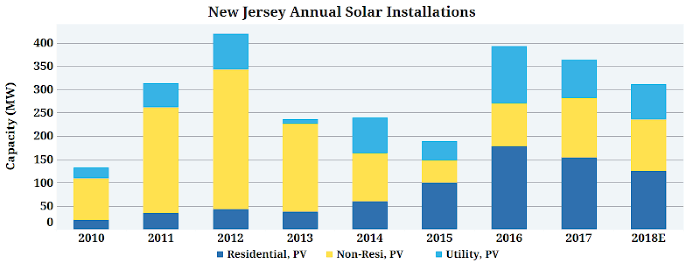
The solar panel systems and installation market in New Jersey has exploded since 2015. Chart via the Solar Energy Industries Association
Indeed, increased competition in the state since 2015—and the nature of the market on a national scale—means residents are primed for home value increases if they install solar panels in New Jersey. And when it comes to home value, researchers project the value of a home increases up to $15,000 on average, according to the Berkley Lab, one of the federal government’s national renewable energy laboratories. That doesn’t even take into consideration the massive savings solar paneling affords homeowners—or seasonal price fluctuations that make winter a possibly perfect time for your solar home improvement project.
Like every other state, New Jersey has a unique set of incentives, benefits, and challenges when it comes to investing in solar panels for houses. Read our residential guide to understand what you should know as a homeowner as you look for the best contractor to install solar roof panels under the Garden State’s nourishing sun.
A well-informed and reliable contractor will go over each detail of your installation with you, from expected savings to increases in home value. At Modernize, we frequently speak to homeowners about their home improvement projects. In our recent interviews, 90 percent of homeowners requested a checklist to help them find and vet contractors. Modernize now offers homeowners a free, digital Contractor Checklist as a simple, step-by-step guide to assist with your solar panel project.
Flemington, NJ: Solar Energy Success Stories
Ed Jenks was so excited for his home to reach a net-zero energy cost that he started a blog to document his journey.
On top of securing his house against energy deficiencies, Jenks had his solar system up and running by the end of 2018, beginning and completing his project during the colder months of the year, which means the Jenks family will be ahead of the game when the warmer months hit the region. Notably, Jenks utilized both federal programs and local ones like New Jersey’s Solar Renewable Energy Certificates (SRECs) Registration Program (which we detail further down), rewarding his house based on its solar energy output.
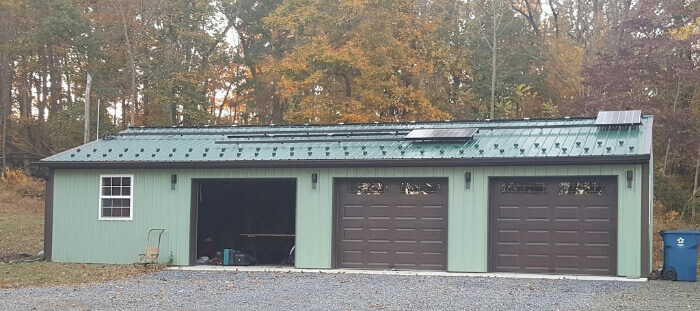
Ed Jenks outfitted his New Jersey home with solar paneling and other renewable energy efficiencies, relying on federal and state incentives and advice from local contractors. Source: Ed Jenks’s personal blog about renewable energy.
“NJ is a great state for renewable energy.” Jenks wrote. “This June [a SREC] was selling for $290 each. I should get 7 SRECs a year. The price varies but I should get around $2,000 a year.”
Indeed, solar panels have a sizeable effect on utility bills. New Jersey residents can expect to save nearly close to $20,000 over 20 years.
Keep in mind this data serves as guidance for your journey to home improvement. Use it during your conversation with contractors in your area. Ask for this level of detail in your estimates and if jargon or complex wording seems confusing, ask for clarification. A trusted contractor will be glad for the opportunity to explain what everything means and, more importantly, what it specifically means to you.
When it comes to New Jersey’s solar energy, for example, existing financial incentives (like the SREC) only make it more lucrative for you to sustainably increase your property value.
New Jersey Solar Panels: Incentives, Rebates, and Other Savings
There are currently nearly 100 incentives for homeowners to increase the value of their property by installing solar panels for houses in New Jersey. Find details about each program at the state’s Database of State Incentives for Renewables & Efficiency (DSIRE). Solid contractors installing solar panels in New Jersey will be able to provide a list of applicable costs savings measures and help you navigate applying for and getting the most out of them. Learn enough to have a foundational understanding of these programs to best talk to your contractor about them once you’ve vetted and chosen one.
Find the Right Contractor for Your Solar Project
Whether you’re ready to begin your project now or need some expert advice, our network of contractors are here to help. With a few simple questions, we’ll find the best local professionals for you
Solar Renewable Energy Certificates (SRECs) Registration Program
Installing solar paneling for homes will increase property value for homeowners who have invested in their houses, and New Jersey is investing right back in them. For the first 10 to 15 years after installing solar panel systems, the state essentially allows residents to sell the renewable energy milestones they hit to companies or private entities who must meet certain clean energy quotas under newly passed state law. In other words, when commercial buildings can’t reach their state-imposed goals, they will turn to you for credits to reach those goals, and pay for your own clean energy generation — it’s essentially a bartering system and you can passively earn the goods needed to trade in it
Find all the details at DSIRE’s profile for the program.
Net Metering
Since 2008, if your New Jersey solar panels collect more energy than you use, you can sell your excess energy back to your energy provider.
They have to credit you for it—in other words, you are selling them the energy collected by the solar panels powering your home. And the credits “are credited at the wholesale rate at the end of a designated annualized period.”
Find all the details at DSIRE’s profile for the program.
Other New Jersey-specific solar energy programs include:
- Solar Energy Sales Tax Exemption
- Solar Easements
- Societal Benefits Charge
- COOLAdvantage Program
- Residential Solar Rights
- Atlantic City Electric
- Residential Energy Conservation Subsidy Exclusion
- Residential New Construction Program
Of course, you want to get the most out of local programs as well as federal ones, like the temporary Residential Renewable Energy Tax Credit, which applies to up to 30 percent of your installation. It is important to note that this federal credit is for systems placed in service by 12/31/2019. Solar Energy International reports that a typical five-kilowatt solar system installation in September 2018 would’ve dropped from $15,428 to $10,800 after the rebate is applied—but keep in mind its value is dropping and the credit could be completely gone by the early 2020s. Consult your contractor about this and other available credits and incentives to ensure your investment in the long-term value of your property is as easy on your current assets as possible.
That’s why you’ll want to find a contractor you can trust—a local professional who can get the job done and assist you with navigating local policy and regulation. The Modernize Contractor Checklist will help you vet a trusted contractor, so you can relax knowing your solar panel project is in good hands.
Find the Right Contractor for Your Solar Project
Whether you’re ready to begin your project now or need some expert advice, our network of contractors are here to help. With a few simple questions, we’ll find the best local professionals for you
Reviews from Real Homeowners
Welcome to Homeowner Resources! We are the Modernize blog. Modernize pairs more than 3 million homeowners a year with pre-vetted contractors in their area. This blog started because we believe homeowners should know everything about their homes, from how their HVAC works to which front door colors they might love. On Homeowner Resources, you can find information on every part of your home, right down to how you can negotiate with contractors to get the best price. Here's more about the blog.
Need a contractor? Learn more about how Modernize finds the right pro for you.

